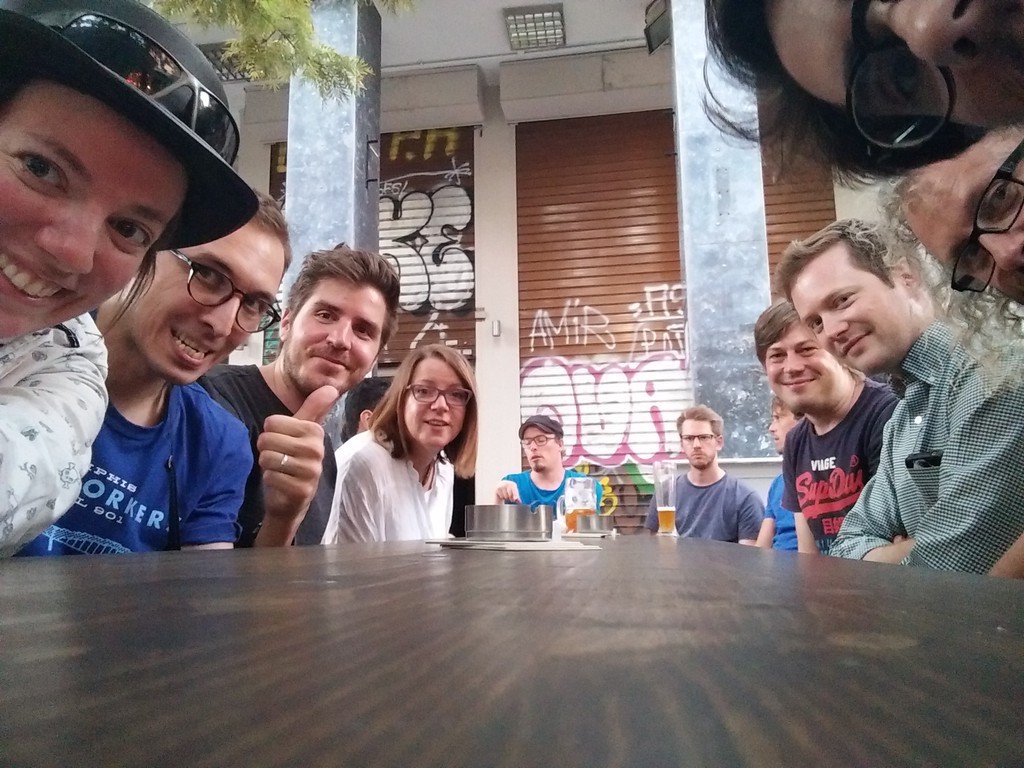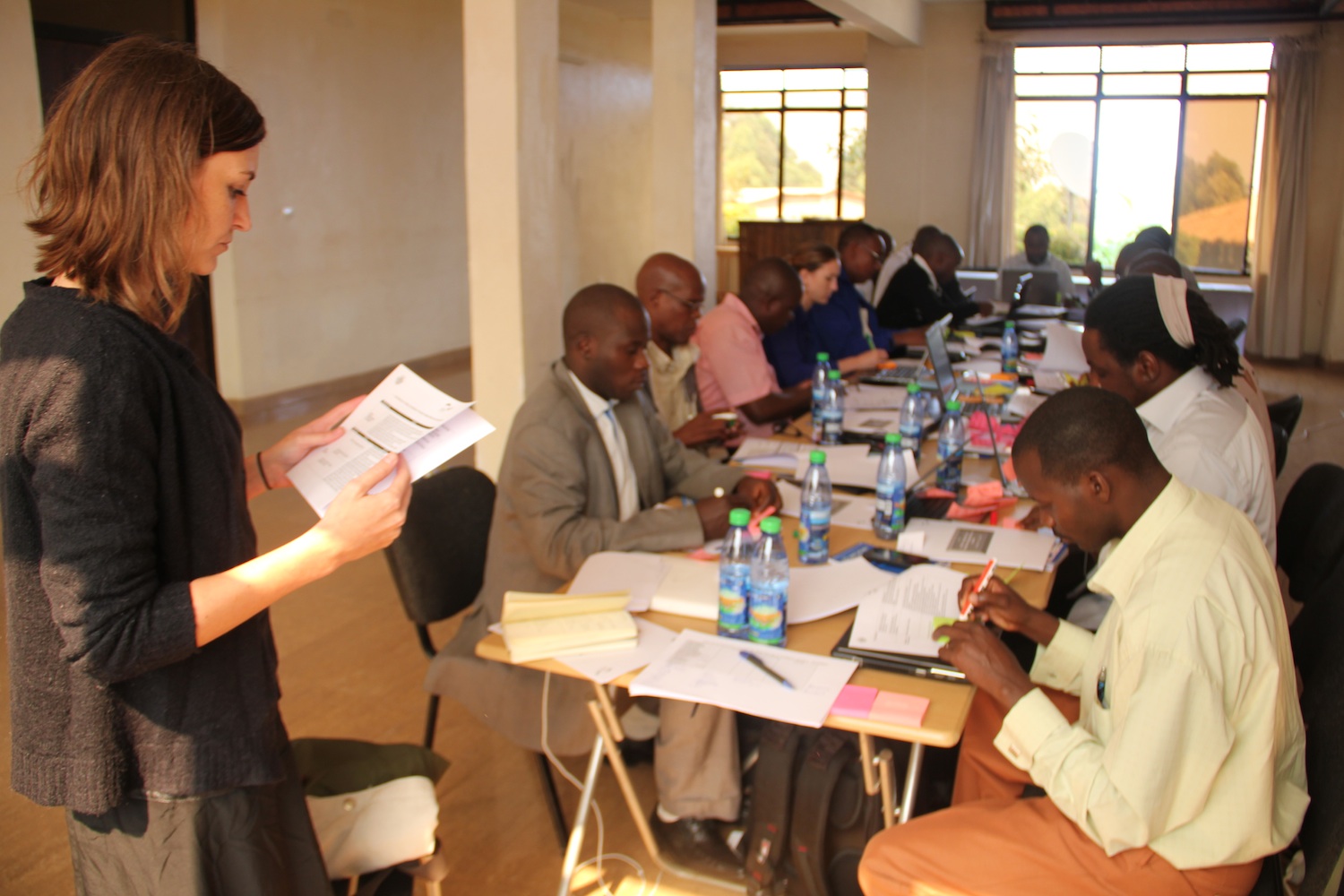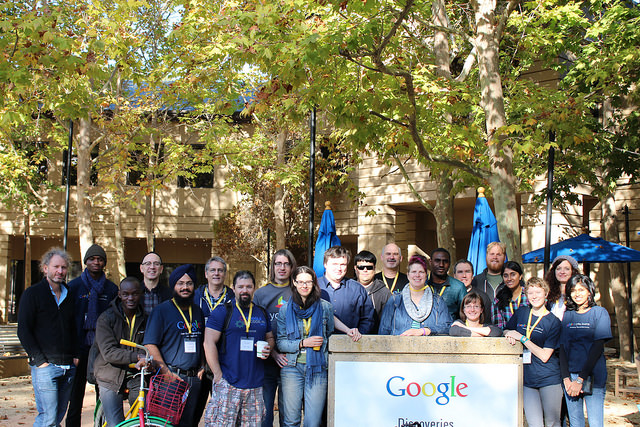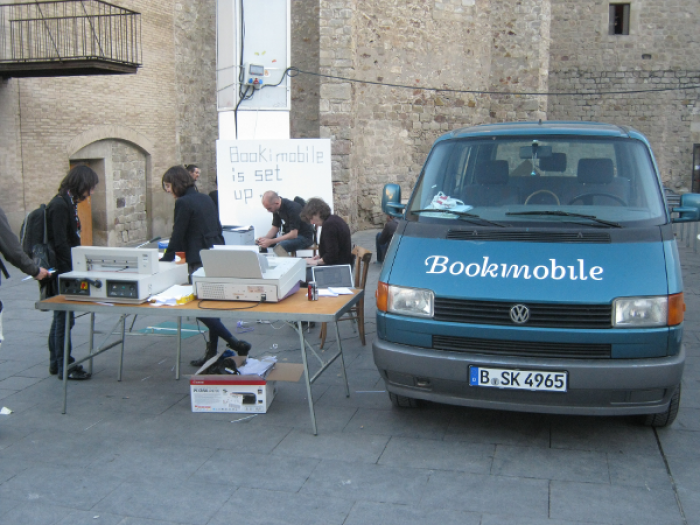I prefer to use the term Knowledge Production where others might say ‘Publishing’. I have been involved in many projects that sit under this rubric; some are in other parts of the site but I reference them here briefly also.
Collaborative Knowledge Foundation
Current
I’m co-Founder of the wonderful Collaborative Knowledge Foundation (Coko!).
The Collaborative Knowledge Foundation’s mission is to evolve how scholarship is created, produced and reported. CKF is building open source solutions in scholarly knowledge production that foster collaboration, integrity and speed. We are supported by the Shuttleworth Foundation (see below) and the Moore Foundation.

Coko envisions a new research communication ecosystem that gives rise to wholly unique channels for research output.
Coko was founded in October 2015 with support from the Shuttleworth Foundation.
Shuttleworth Fellow
Current
I have been twice awarded a Shuttleworth Foundation Fellowship starting in 2015. I’m deeply honoured to have been selected. I was awarded a second year of Shuttleworth Fellowship for my work on reformulating how knowledge is produced in 2016. I love the Shuttleworth Foundation.
PagedMedia
2016 – present
http://www.pagedmedia.org
Founded the blog about paged media with Dave Cramer.
Book Sprints
2008 – now New Zealand
http://www.booksprints.net/
Book Sprints is a methodology and a company I founded to rapidly produce books.
In Nov 2016 I transitioned from founder and CEO to the board. I appointed Barbara Rühling as CEO.

A Book Sprint is a collaborative process where a book is produced from the ground up in just five days. But even more important, this collaborative process captures the knowledge of a group of subject-matter experts in a manner that would be nearly impossible using traditional methods. The result at the end of the Book Sprint is a high-quality finished book in digital and print-ready formats, ready for distribution. Learn more about it under the Facilitation Methodologies section.
Editoria
Over the last year, Coko has worked with the University of California Press and the Californian Digital Library to build Editoria – a scholarly monograph production platform. I facilitated the Collaborative Product Design process (see Facilitated Methodologies) and have been part of the development team. I’m very proud of this platform (built on top of PubSweet).
Aperta
2013 – July 2015. Public Libary of Science, San Francisco
In 2013, I designed a platform for the Public Library of Science (PLOS), originally called Tahi but renamed to Aperta. In 2014 I was asked to lead a team to build the platform. I led the 15 strong team to the production-ready 1.0 release of this multi-million dollar project to completion, on time and under budget in June 2015.
Aperta is an entire submission and peer review platform for multiple scientific journals housed within the single instance. The entire system is designed to be highly collaborative and concurrent. The platform includes a manuscript production interface, HTML and LaTeX document editing support, Word ingestion, a workflow management system, task management interfaces, admin interfaces, reports, and user dashboards. The platform was built in Ember-CLI, Rails, implements a highly customised Wikimedia Foundations Visual Editor, and uses Slanger for concurrency. It is an HTML-first system, has many innovative new approaches to journal systems, and solves many long-standing problems in this space. The project also involved a separate codebase named iHat that provides Aperta with an API service for queue-managed file conversions.
Various Softwares
Many open source knowledge production software such as Booktype, Objavi, Booki, ‘TWiki Book’, BookJS, PubSweet 1, Lexicon, PubSweet 2, INK etc. See the Open Source section for more information.
Google Summer of Docs
2011, 2012, 2013
The GSoC Doc Camp was an annual event over three years. It was a place for documenters to meet, work on documentation, and share their documentation experiences. The camp improved free documentation materials and skills in GSoC projects and helped form the identity of the emergent free-documentation sector.
The Doc Camp consisted of 2 major components – an unconference and 3-5 short form Book Sprints to produce ‘Quick Start’ guides for specific GSoC projects.
Each Quick Start Sprint brought together 5-8 individuals to produce a book on a specific GSoC project. The Quick Start books were launched at the opening party for the GSoC Mentors’ Summit immediately following the event.

Bookimobile
2011
The Bookimobile was a mobile print lab in a van – essentially a van that contained all the equipment necessary to create perfect bound books. It was designed to take the ideas of Booki to people and make real books that have been created in Booki. The first Bookimobile was based on the Internet Archives Book Mobile and we took it to several book fairs and events throughout Europe. It was sponsored by Mozilla, CiviCRM, Archive.org, Francophonie.org, Google Summer of Code, and iCommons.

FLOSS Manuals
2006
FLOSS Manuals was the project I founded in 2006 that got me started on this whole publishing thing. FM was, and is still, an active community of volunteers that creates free manuals about free software. There is now a foundation and several language communities (notably French and English). The contributors include designers, readers, writers, illustrators, free software fans, editors, artists, software developers, activists, and many others. Anyone can contribute to a manual – to fix a spelling mistake, add a more detailed explanation, write a new chapter, or start a whole new manual on a topic. The aim was to produce high-quality free works and we succeeded – creating many fantastic manuals in over 30 languages (and still growing).
“Introduction to the Command Line” is at least as clear, complete, and accurate as any I’ve read or written. But while there are countless correct reference works on the subject, FLOSS’s book speaks to an audience of absolute beginners more effectively, and is ultimately more useful, than any other I have seen. —Benjamin Mako Hill, Wikimedia Foundation Advisory Board, Free Software Foundation Board
